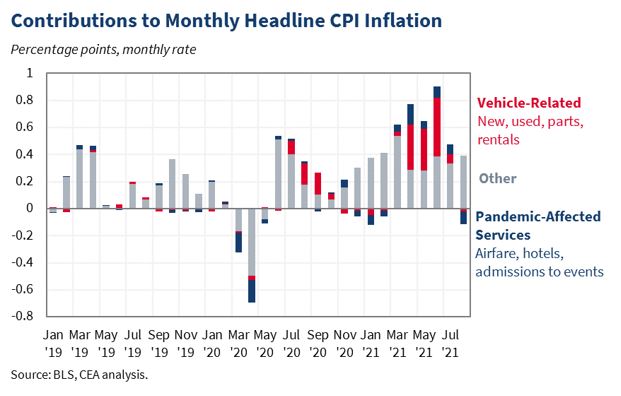
Today, the Council of Economic Advisers congratulates the three U.S.-based economists who won the 2021 Nobel Prize in Economics: David Card, Joshua D. Angrist, and Guido W. Imbens. 1/
This award also honors the work of the late Alan Krueger, Chair of the Council of Economic Advisers from 2011 to 2013 and a co-author of all three winners. 2/
David Card, of the University of California at Berkeley, has made major empirical contributions to labor economics, using natural experiments and other methods to shed light on important policies, such as minimum wages, education, and immigration. 3/
In a seminal 1994 paper, for example, Card & Krueger studied the 1992 increase in the New Jersey minimum wage as a natural experiment, using fast food restaurants in Pennsylvania, a state with no increase, as a control group. 4/ davidcard.berkeley.edu/papers/njmin-a…
In the paper, Card & Krueger find no evidence that the rise in the NJ minimum wage reduced employment. /5
Joshua Angrist, of MIT, and Guido Imbens, of Stanford University, have been instrumental in advancing the way economics estimates causal relationships. 6/
For example, in a series of papers, Angrist and Imbens refine the econometrics that are the basis for teasing out the causal effects of public policy. 7/ jstor.org/stable/2951620…
In other work, Angrist & Krueger use the timing of a person’s birth to help identify the causal impact of education on earnings. /8 jstor.org/stable/2937954…
Congratulations to all three winners for this richly-deserved honor! /end
• • •
Missing some Tweet in this thread? You can try to
force a refresh




